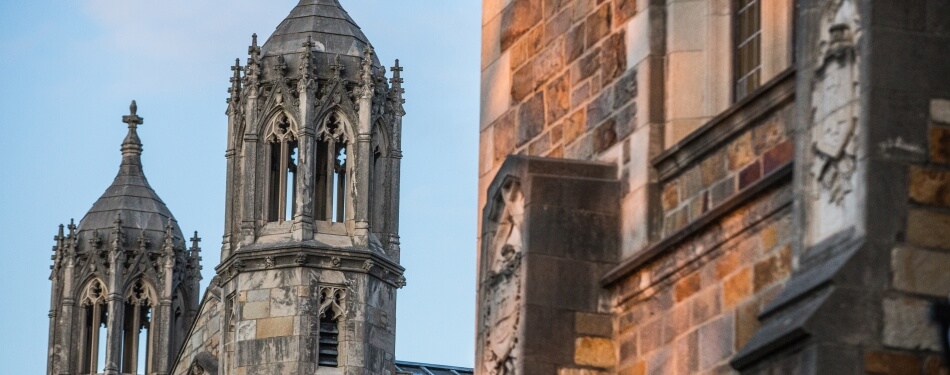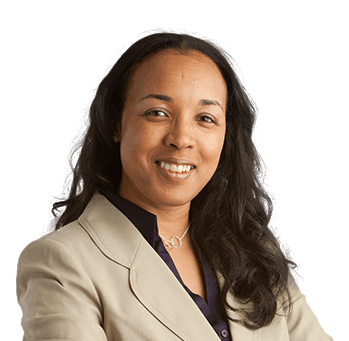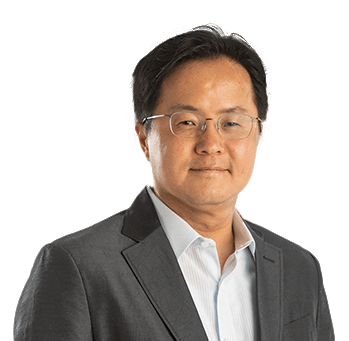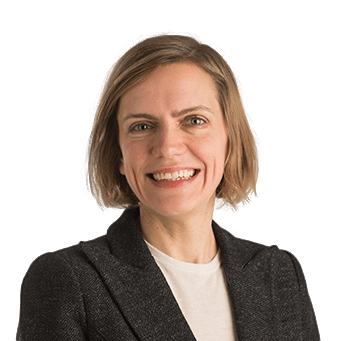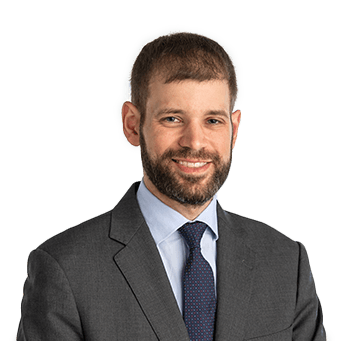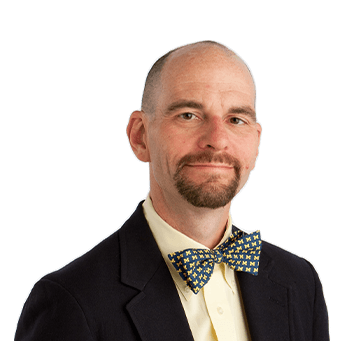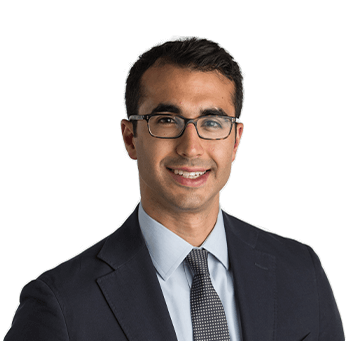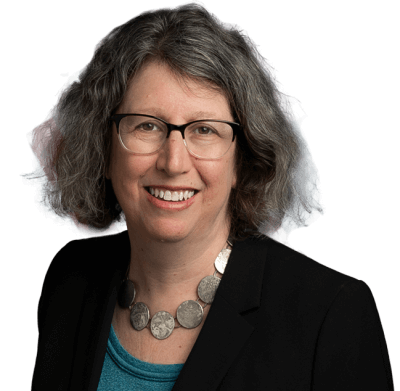The law school’s Empirical Legal Studies Center supports both quantitative and qualitative empirical work of law faculty, conducts occasional seminars, and facilitates faculty sharing of expertise and experience.
Its current co-directors are J.J. Prescott and Margo Schlanger.
Who We Are
Empirical Legal Studies Research Scholars
Lorenzo G. Luisetto
Lorenzo G. Luisetto is a research scholar at the Empirical Legal Studies Center of the University of Michigan Law School, where he is also an SJD Candidate. Lorenzo previously was a research fellow at the University of Trento, where he obtained his PhD and JD.
Lorenzo’s research interests revolve around business law and public policy, employment law, IP and antitrust, with a particular focus on monopsony, labor mobility, and franchising. His current projects include measuring the use and labor market outcomes of non-compete agreements in Italy, investigating how firms protect trade secrets in franchising, studying how firms behave under uncertain legal standards, and exploring the externalities generated by occupational licensing.
Past Scholars
-
Meghan M. O’Neil (2018-2023)
Meghan M. O’Neil was a Research Scholar at the Empirical Legal Studies Center. Her research included a mixed-methods study examining how fines and fees operate in community corrections and a randomized controlled trial funded by the National Science Foundation which tests whether online legal tools can improve social and economic outcomes for people in recovery from opioid use disorder. She earned her MA in Quantitative Methods in the social sciences, magna cum laude, from Columbia University, and her PhD in sociology from the State University of New York at Albany.
-
Daniel R. Rubin (2013–2014)
Daniel B. Rubin was a fellow in Empirical Legal Studies for the 2013-2014 academic year. During his fellowship, he undertook empirical legal research on the tax-exempt status of nonprofit hospitals. Using IRS Form 990 data, while developing a coding scheme for the state level community benefit reporting requirements, he examined how such requirements influence the provision of community benefits by nonprofit hospitals. The goal of this research was to determine how state and local level legal innovations can encourage nonprofit hospitals to improve the health of the populations they serve.
-
Daniel Katz (2009–2011)
Daniel Katz was a fellow in Empirical Legal Studies from 2009-2011 while he was PhD candidate in the Joint Program of Political Science and Gerald R. Ford School of Public Policy. Prior to entering the program, he earned a both a JD (cum laude) and a MPP from Michigan.
Dan’s scholarship employed a wide range of methodological approaches including qualitative, quantitative and experimental methods. In addition to his service as a fellow in Empirical Legal Studies, Dan was also an IGERT-National Science Foundation Fellow at the University of Michigan Center for the Study of Complex Systems where he managed the Computational Legal Studies Working Group.

